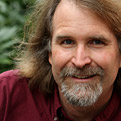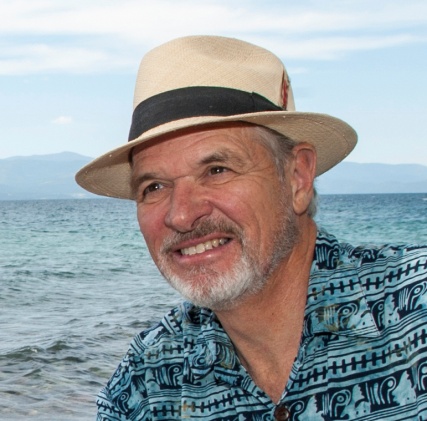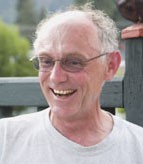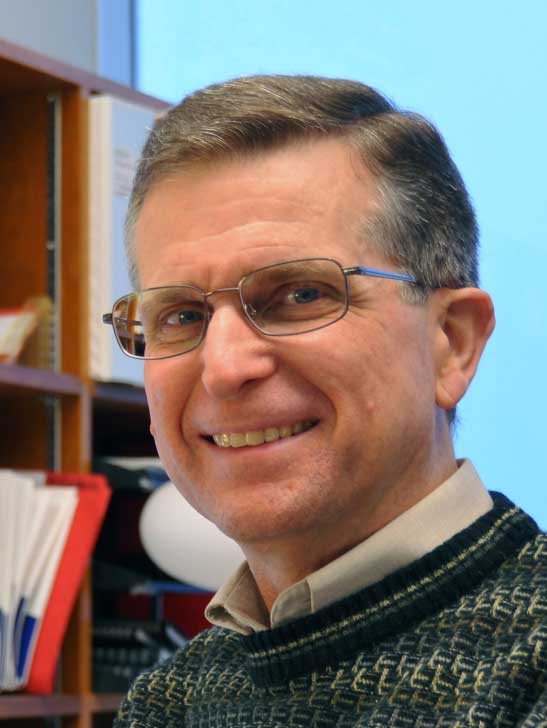Who We Are
World Salmon Forum Team
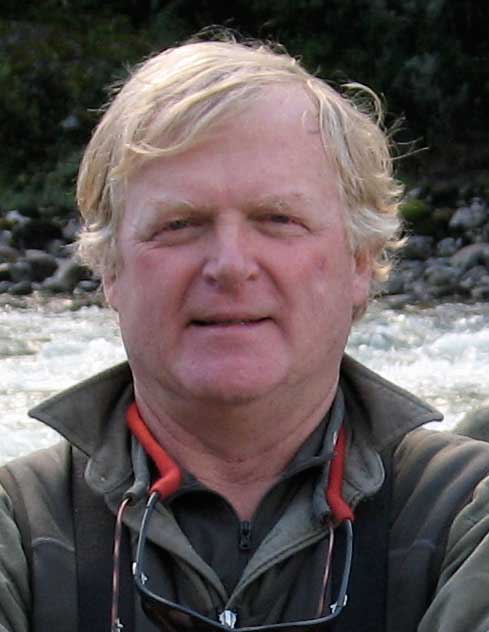
Bruce McNae, Chairman & Founder:
Bruce is a lifelong fly fisherman and outdoorsman with years of philanthropic relationships and work with various NGO’s including the Wild Fish Conservancy, North Atlantic Salmon Fund, Atlantic Salmon Federation, and the Wild Salmon Center. These organizations, together with a greater understanding of the immediate risks facing the future of wild salmon, inspired him to create World Salmon Forum. He was one of the major contributing owners of the Wild Steelhead & Salmon magazine, whose objective was to celebrate the art of fly fishing while delivering a strong message encouraging the protection of future generations of wild salmon and trout. He has organized and hosted many fund-raising events in the Seattle area over the years.
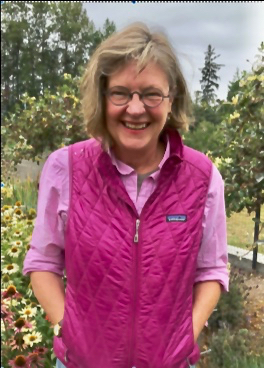
Anne received a PhD in geohydrology from the University of Washington with an emphasis on the effects of glacial and fluvial processes in mountain streams. She has a keen interest in the survival of wild salmonids through her work studying the relationship between ground and surface water exchange in habitats preferred by wild fish. An outdoorswoman and hiker, more times than not, she’s accompanied by her dog “Addie“ who’s larger than many of Cascade mountain peaks she climbs.
Scientific Advisors
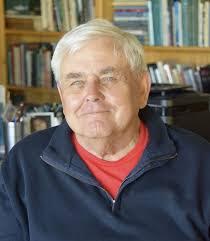
Jim Lichatowich has been a fisheries biologist for forty-seven years, working for most of that time in salmon management and research in Oregon and Washington. He is the author of the award-winning book Salmon without Rivers: A History of the Pacific Salmon Crisis. He has served as member of the Independent Scientific Advisory Board for the Columbia River restoration program, the State of Oregon’s Independent Multidisciplinary Science Team and on other independent scientific review panels in British Columbia and Canada and has written numerous scientific and technical papers on the history, current status, and future prospects of salmon.
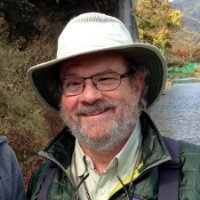
Dr. Rick Williams is a conservation Biologist more than 30 years-experience working on native salmon and trout conservation in western North America, with particular expertise in Columbia River salmon recovery. He served as Chair of several independent scientific review groups (ISRP and ISAB) for the Northwest Power and Conservation Council and NOAA’s National Marine Fisheries Service from 1989 – 2006). The ISAB and ISRP are a unique group of independent scientists working to provide technical review and assistance on the management and recovery of Pacific salmon, steelhead, and trout populations. Editor and contributing author of Return to the River: Restoring Salmon to the Columbia River (2006).
